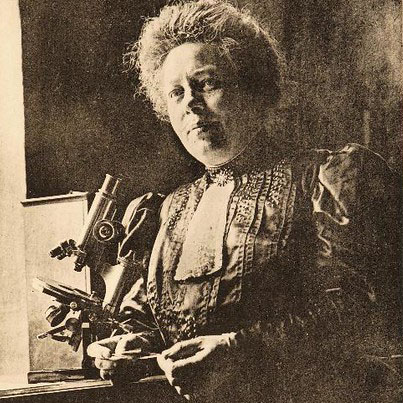Women Who Inspire Us: Dr. Augusta Dejerine-Klumpke

This month we’re inspired by a scientist and physician who made great contributions to the field of neurology: Dr. Augusta Déjerine-Klumpke. Born in 1859, she spent much of her childhood in Germany and Switzerland with her mother and five siblings.
Dr. Déjerine-Klumpke’s mother supported her medical ambitions from the start. In 1875, she moved the family to Paris since there were no options for medical studies in their Swiss hometown.
Despite resistance from male leaders at the medical school, Dr. Déjerine-Klumpke was allowed to enroll. She studied both in and outside the classroom, and worked in the laboratory at the Museum of Natural History.
She was one of France’s first female doctors and became known for her skills and knowledge in neurology. Dr. Déjerine-Klumpke gave her name to Klumpke’s paralysis, a neurological injury that causes problems with arm movement. Using more than a dozen case studies, she identified and explained the condition in 1886.
Dr. Déjerine-Klumpke authored numerous studies and articles, and co-authored an important book about human neuroanatomy. She received a Legion of Honor award, the highest civil merit award in France, in 1921.
Want to learn more? Check out this talk by Dr. Lynda Yang.